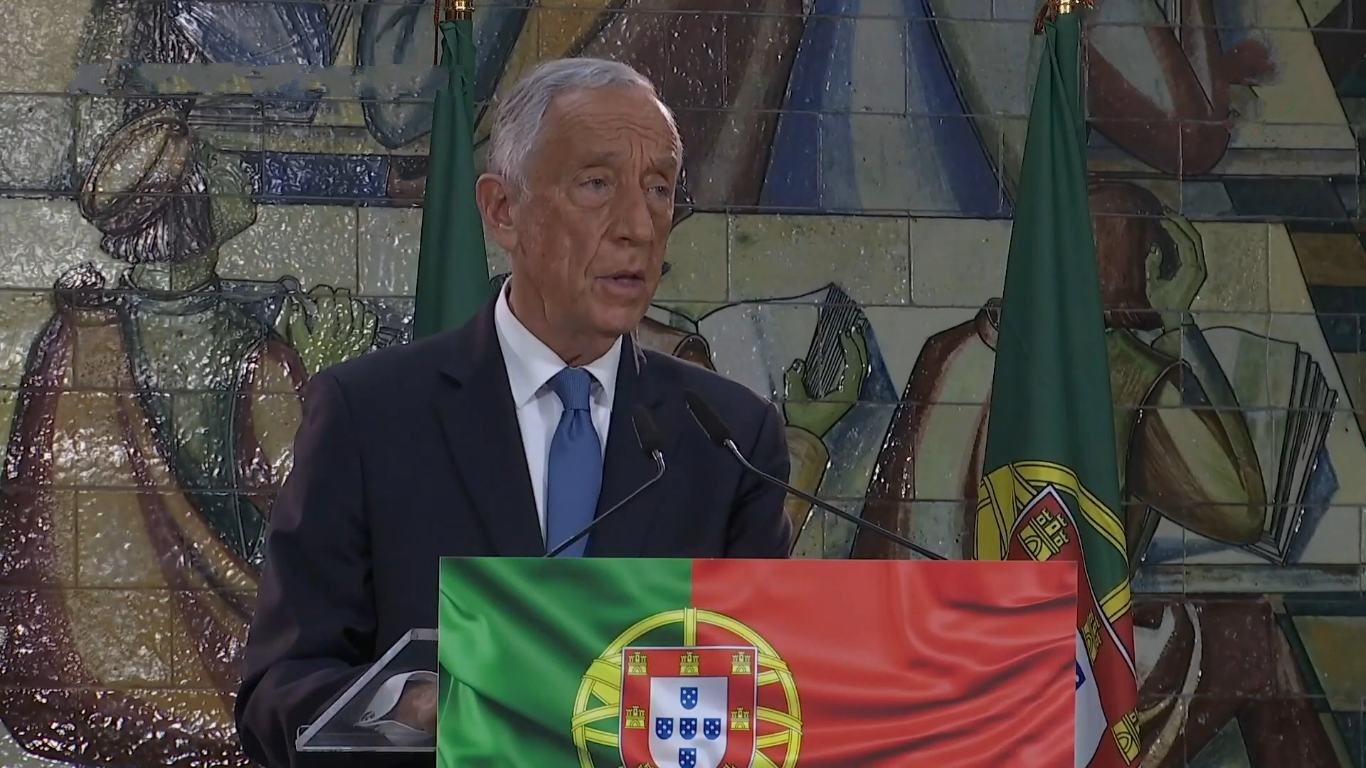In addition to the transatlantic enslavement trade, the Maafa also encompassed the colonisation of Africa by European powers. This period, which spanned the late 19th century to the mid-20th century, led to the exploitation of Africa’s resources, political instability, and cultural erosion. The colonisers imposed their own languages, religions, and customs on African peoples, further contributing to the underdevelopment of the continent and her diaspora. This was therefore a deliberate subversion of psychosocial, socio-economic and cultural self-determination. These rights remain elusive for many of the progeny of the people who suffered from the Maafa.
European colonial history and memories have been intentionally suppressed and erased through the absence of the subject from school curricula, public media and popular culture. In contrast, in countries like Germany, the trauma of the Jewish Holocaust committed by German Nazis is commonplace in pedagogical content. Against this background of European dereliction of transitional justice obligations, the singular Portuguese president’s initiative is remarkable. His intention to apologise and calculate the reparations equivalence has set a precedent.
The Portuguese president’s timely speech should be leveraged by reparations advocates to redouble efforts to rouse the hibernating consciences of other European Union members. While many citizens of the African diaspora have been sceptical of the value of reparatory justice politics, the open intention of the Portuguese president to place this problem on the table is a reminder that there is a political economy of crimes against humanity.
In the process of committing genocide against indigenous peoples and confiscating the resources, liberty and labour of Africans, Europeans intentionally destroyed the systems of spiritual, cultural and material well-being of their captives. This widespread damage came at enormous human and social sustainability costs, which reverberate even today.
Economists have long acknowledged that development and underdevelopment are opposite sides of the same coin. Demonstrating this truism, life in Europe contrasts sharply with the raw realities of disadvantage that characterise the states that are classified as the Global South. Kudos to the Lula-Rebelo de Sousa alliance that catalysed the reparations reasoning. The local and regional reparations respondents should take cue and re-energise the ‘a luta continua’ mandate, since the promise of victory is hovering on the horizon.
Imani Tafari-Ama, PhD, is a Pan-African advocate and gender and development specialist. Send feedback to [email protected]

